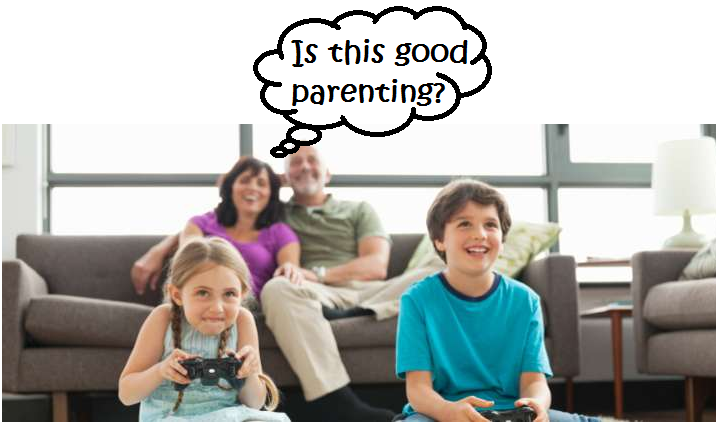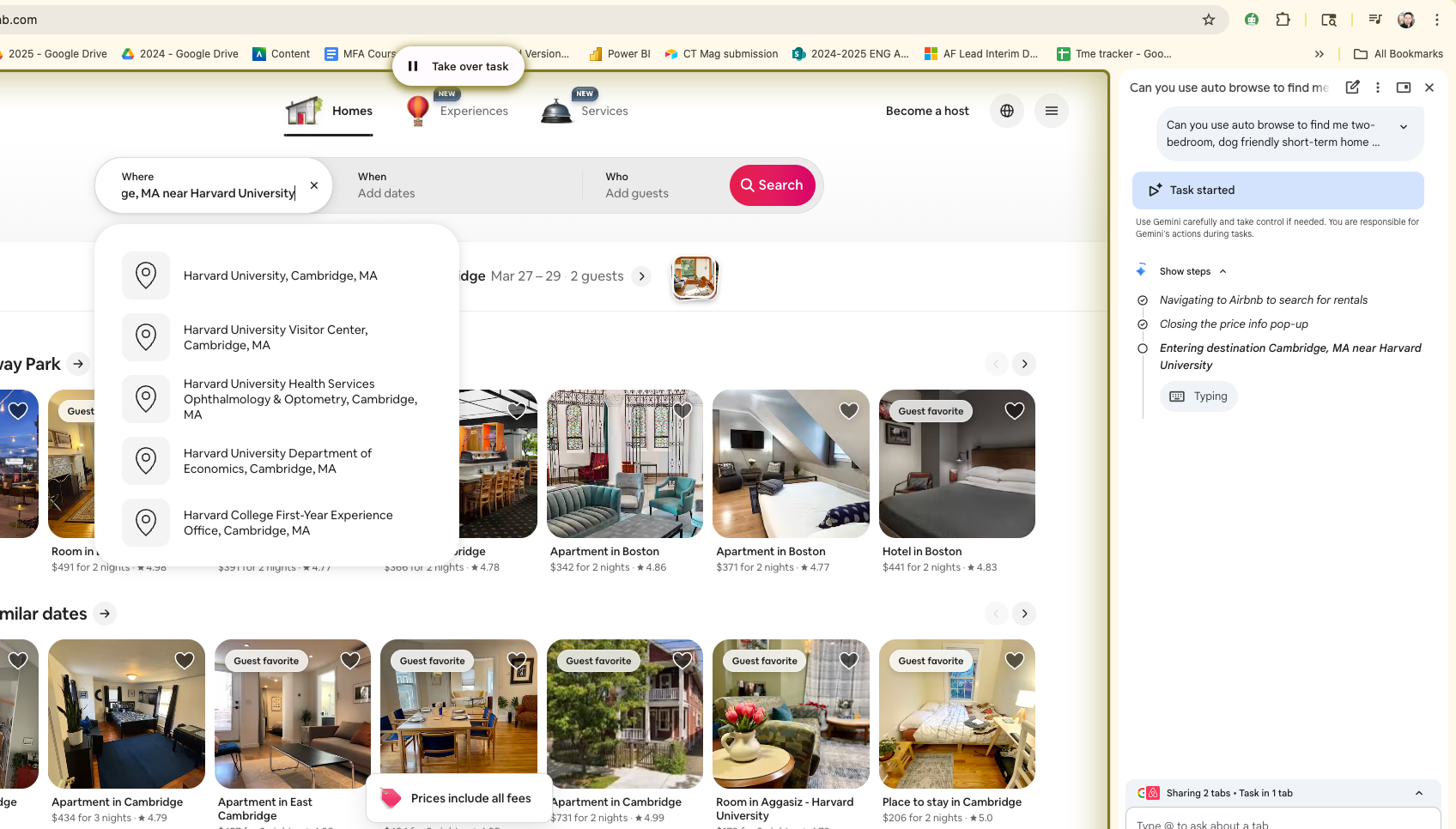What Type of Video Games Are Right for Your Child?

Tools and ideas to transform education. Sign up below.
You are now subscribed
Your newsletter sign-up was successful
At their most basic level, playing video games is akin to reading books. Like books, video games can range in quality from trashy novels to informative historical fiction. Like books different genres of video games have varying learning potential. Like books, video games offer different purposes and varying levels of usefulness when it comes to learning.
To decide which type of games are best for your children, first consider which type of learning you want to support then figure out which games are best suited for your child’s needs. Here are some of the more popular types of games students use for learning today:

Drill and Practice
Drill and practice are the rote memory games. These are the type of games labeled as educational and often seen in a school setting. If given the choice, young people would likely choose a drill game over a worksheet, but that doesn’t necessarily mean they’d like it. While drill and practice may be tolerated better than an old fashioned worksheet, it is important to cautious that in the end it doesn’t kill your child’s love for learning the way worksheets can.
Health and Fitness
Children may not have access to a boxing ring, running track, personal trainer, or fancy equipment, but with the new motion sensitive games, all that has changed. There has been an explosion of games in the health and fitness market like UFC Personal Trainer from Xbox Kinect and Nintendo’s Wii Fit. These games deliver personal trainers and professional athletes right into our living rooms or classrooms, offering tremendous value to players as they monitor their motions and expert avatars offer corrective advice. Player fitness data is stored and available for analysis to measure fitness gains.
Simulation
Tools and ideas to transform education. Sign up below.
If given the choice to learn about the Westward Expansion by reading, watching, discussing, or being a pioneer on the Oregon Trail, which would you choose? With simulation games you are no longer a passive recipient of information. You are an active member of a meaning-making experience where you have been transported to an alternate time, place, or reality. Players are completely immersed in their environment and develop a complex understanding of the topic at hand.
Simulation games such as SimCity enables players to develop a deep understanding of city planning and infrastructure. Such games give players the opportunity to do the things that engineers do—identify problems; brainstorm ideas; design solutions; test, retest and build; and share their results, all within the simulated gaming environment.
MMORPGs
Among the most exciting game type for learning today is Massively Multiplayer Online Role Playing Games.
Educator Joel Levin joins his primary school students on learning adventures with Minecraft, a game which lends itself easily to science, technology, engineering, and math explorations. Language teachers are using Minecraft to help students strengthen communication skills, civics teachers are using it with students to explore how societies function, and history teachers are having their students recreate ancient civilizations.
What will you choose?
Today there is a choice. We can learn passively by listening to lectures and consuming information or we can engage interactive, game-based learning.
Which do you think would be a more interesting way for a child to learn?
Traditional Learning: Listen to the lecture, read the chapter, and answer the questions at the end.
OR
Game-based Learning: Create your own heroes…battles…encounter…fly.. explore.. take on your friends… master… amass.. .build… perform…
Lisa Nielsen writes for and speaks to audiences across the globe about learning innovatively and is frequently covered by local and national media for her views on “Passion (not data) Driven Learning,” "Thinking Outside the Ban" to harness the power of technology for learning, and using the power of social media to provide a voice to educators and students. Ms. Nielsen has worked for more than a decade in various capacities to support learning in real and innovative ways that will prepare students for success. In addition to her award-winning blog, The Innovative Educator, Ms. Nielsen’s writing is featured in places such as Huffington Post, Tech & Learning, ISTE Connects, ASCD Wholechild, MindShift, Leading & Learning, The Unplugged Mom, and is the author the book Teaching Generation Text.
Disclaimer: The information shared here is strictly that of the author and does not reflect the opinions or endorsement of her employer.
Lisa Nielsen (@InnovativeEdu) has worked as a public-school educator and administrator since 1997. She is a prolific writer best known for her award-winning blog, The Innovative Educator. Nielsen is the author of several books and her writing has been featured in media outlets such as The New York Times, The Wall Street Journal, and Tech & Learning.
Disclaimer: The information shared here is strictly that of the author and does not reflect the opinions or endorsement of her employer.
